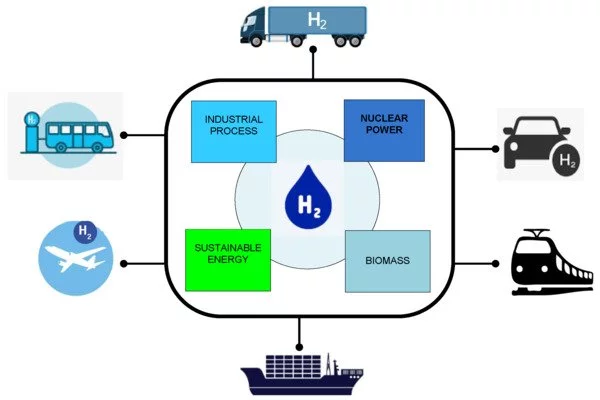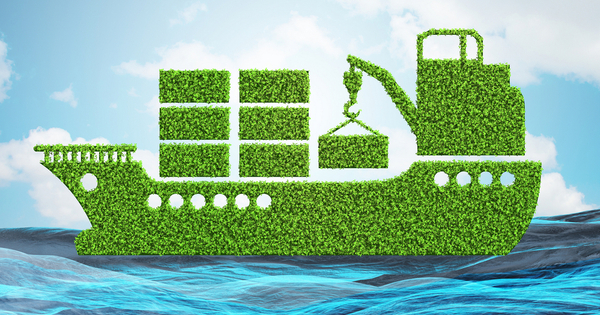The shipping industry contributes significantly to greenhouse gas emissions, and governments, environmental organizations, and the general public have increased pressure to develop sustainable and low-carbon alternatives.
According to new research on consumer perceptions towards alternative shipping fuels, biofuel, and hydrogen are popular. The survey also discovered that nuclear was chosen over heavy fuel oil (HFO), which is now used in the global shipping industry, despite the fact that both were perceived negatively. Ammonia had the least amount of public support.
Public support hydrogen and biofuels to decarbonize global shipping
- Nuclear preferred to heavy fuel oil (HFO), but the UK public thinks it’s too risky
- Liquid natural gas is likely to be regarded as a positive transitional step
- Ammonia elicits strong negative responses from the UK public
According to new research on consumer perceptions towards alternative shipping fuels, biofuel and hydrogen are popular. The University of Southampton study also discovered that nuclear was preferable to the heavy fuel oil (HFO) now utilized in the worldwide maritime industry, despite the fact that both were perceived negatively. Ammonia had the least amount of public support.
Our research shows that there is public support for the research, development, and implementation of alternative shipping fuels over incumbent fossil fuels, with biofuel and hydrogen being preferred solutions.
Daniel Carlisle
Global shipping accounts for 80 to 90 percent of global trade and around 3% of global greenhouse gas (GHG) emissions. In 2021, 230 industry leaders promised to achieve net-zero GHG emissions by 2050.
The new study, published in Environment, Development, and Sustainability, is the first to examine public attitudes towards several fuels that potentially play a critical role in decarbonizing the global shipping industry.
“Switching to fuels with the potential to reduce GHG emissions on the scale required to address the climate crisis has huge implications for the shipping industry,” says co-author Professor Damon Teagle, Director of the Southampton Marine and Maritime Institute at the University of Southampton.

“Due to the substantial investment and new infrastructure required, industry stakeholders are wary of going down the wrong path. It’s crucial that policymakers and industry leaders consult with the public and ensure their voices are heard when planning for this transition.”
To investigate public attitudes and support for alternative shipping fuels, the researchers conducted in-depth interviews and a survey of over a thousand people in the United Kingdom. The most popular options were biofuel and hydrogen. Biofuel was thought to be minimal risk, whereas hydrogen was thought to have few undesirable byproducts.
Liquid natural gas (LNG) received lukewarm acceptance and elicited little public reaction, with the strongest association centered on its current availability. Nuclear was perceived more positively than HFO, but it was still viewed adversely overall since people thought it to be dangerous. “If there was an oil spill, it would be terrible,” one interviewee said. However, a nuclear spill would be a disaster.”
Despite several techno-economic studies suggesting that ammonia is the most balanced carbon-free fuel source for shipping, public perception in the UK was extremely negative. In interviews, ammonia was defined as “dangerous” and “toxic” because it was unproven and risky. Surprisingly, residents of port communities were slightly more favorable of adopting alternative shipping fuels in general.
“Our research shows that there is public support for the research, development, and implementation of alternative shipping fuels over incumbent fossil fuels, with biofuel and hydrogen being preferred solutions,” says lead author Daniel Carlisle of Massey University in New Zealand.
“LNG also seems likely to be regarded as a positive transitional solution. Of course, public opinion is neither uniform nor static. But the disparity between public attitudes toward ammonia and that of scientists and industry leaders shows that public concerns need to be considered alongside technological and economic evaluations.”
















